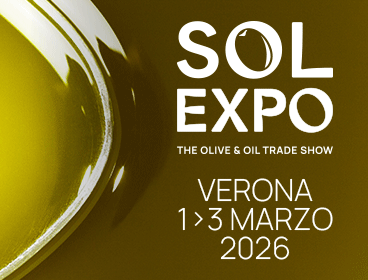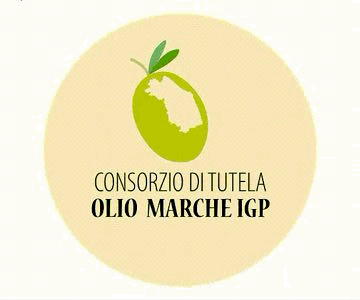Mondo
4th extraordinary session of the Council of Members of the International Olive Council
The Council of Members of the International Olive Council held its 14th extraordinary session at its headquarters in Madrid from 8 to 11 July 2008. Discussions were chaired by Israel
18 luglio 2008 | T N
The first day of the session focused on the future action of this intergovernmental organisation. A Discussion Group met to determine the special-interest topics and priorities for IOC activities after 2010. Besides the members of the Group, the meeting was also attended by the Heads of Delegation participating in the 14th extraordinary session and the Chairman and Vice-Chairmen of the IOC Advisory Committee.
The Discussion Group agreed on the need to strengthen the cooperative ties between the Advisory Group and the Council and to ensure a continuous flow of communication between the two by making the committee more dynamic and involving it in the work of the IOC Technical, Economic and Promotion Committees, so putting into practice the provisions of the current 2005 International Agreement on Olive Oil and Table Olives.
The Council of Members later adopted a Decision for this purpose at the plenary sessions.
The Discussion Group also highlighted the pressing need to pursue IOC technical cooperation and standardisation activities in order to upgrade product quality and to continue action to promote the consumption of olive oil and table olives in both producing and consuming markets.
Another important item on the session agenda was the three-year action plans of the Organisation for technical cooperation and promotion, both of which were discussed at length during the committee meetings held on 8 and 9 July 2008.
At the plenaries on 10-11 July, the Council of Members agreed to the request of the Promotion Committee and decided for the time being to carry on with the promotion campaign launched in India in 2007 by streamlining the specifications required of the firm selected to implement the campaign.
In the case of the promotion campaign planned for implementation in China and Russia from 2008 to 2010, the Council of Members decided to postpone the campaign until a new call for tenders was prepared.
As far as technical cooperation is concerned, the Council of Members approved the changes in the action plan proposed by the Technical Committee and the priorities set by the member countries.
Potrebbero interessarti
Mondo
Vinitaly vola a New York per la terza volta
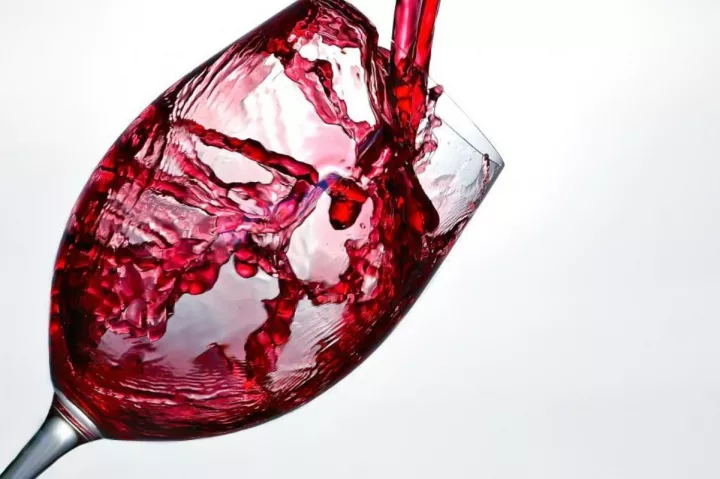
Lo Stato di New York rappresenta il 6,5% del consumo totale di vino negli Stati Uniti, posizionandosi come terzo mercato nazionale dopo California e Texas e come primo Stato del Nord Est con il 34% dei consumi dell’area
23 gennaio 2026 | 09:00
Mondo
Le carceri mondiali dove si produce olio di oliva
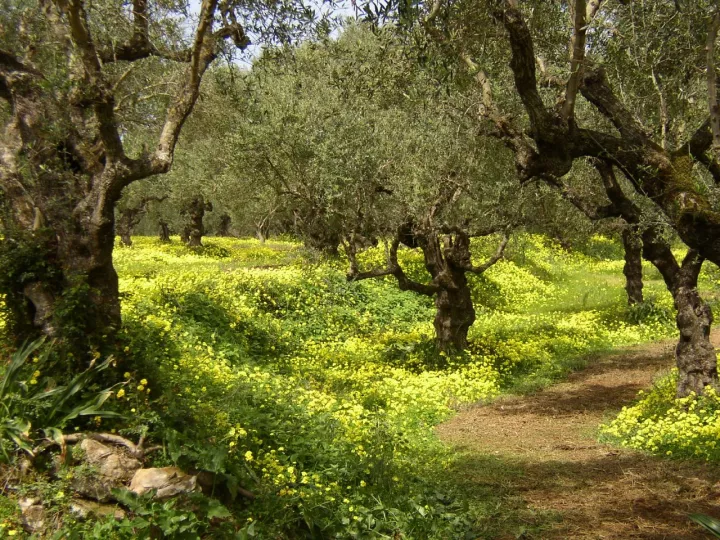
Due casi famosi di prigioni dove si coltiva e si estrae olio extravergine di oliva sono in Italia: Gorgona e Sollicciano. Altri esempi in Turchia e anche in Australia dove il suo extravergine è stato recentemente premiato
22 gennaio 2026 | 14:00 | Vilar Juan
Mondo
L'export di olio di oliva dall'Andalusia vale 3,4 miliardi di euro
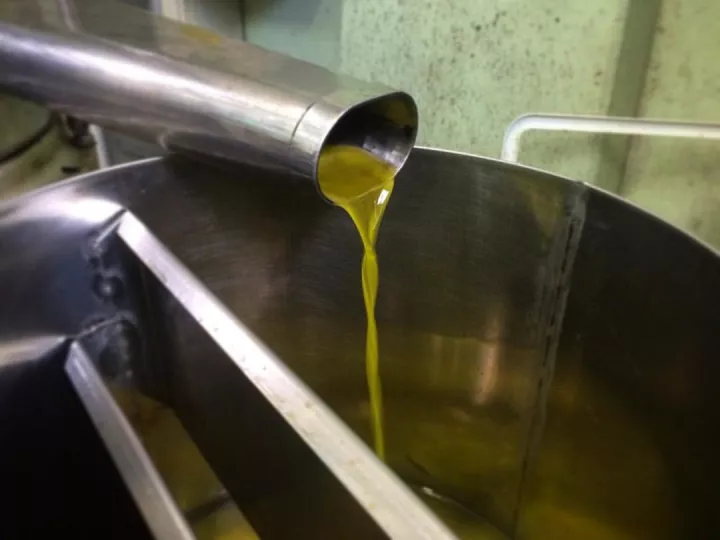
Il valore dell'export di olio di oliva è stato ridotto del 19,2% su base annua, a causa della diminuzione del prezzo di vendita in Spagna e nel mondo, a causa dell'elevata produzione dell'ultimo raccolto
22 gennaio 2026 | 11:00
Mondo
Stop all'accordo UE-Mercosur: il Parlamento chiede il parere della Corte di Giustizia europea
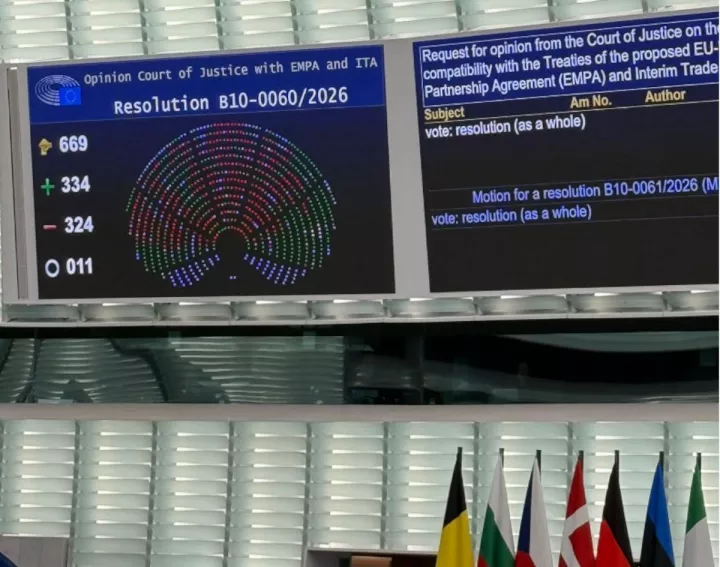
L'accordo resta in vigore in via temporanea ma ora i tempi per la sua approvazione si allungano, con il Parlamento europeo che procederà alla ratifica solo dopo il parere giuridico della Corte di Giustizia. Contro l'accordo UE-Mercosur 334 deputati
21 gennaio 2026 | 14:05
Mondo
Il settore delle olive da tavola europeo contro l'accordo UE-Mercosur
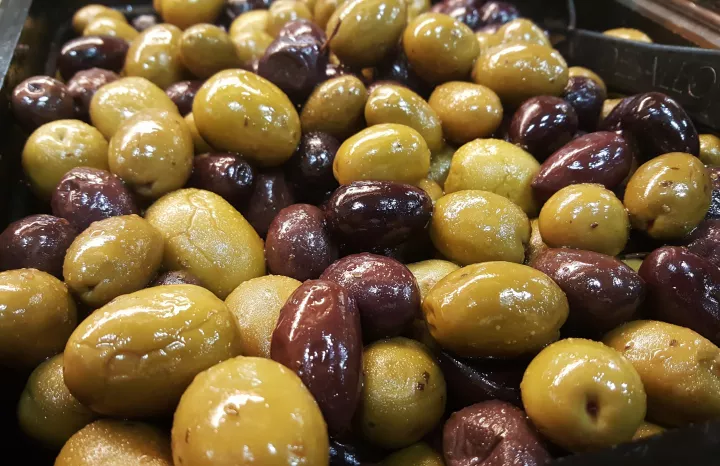
Occorre rivedere con urgenza il trattamento delle olive da tavola nell’accordo UE-Mercosur: i mercati sudamericane rimangono praticamente chiusi per le olive da tavola europee, che continueranno a resistere alle tariffe intorno al 12,6%
20 gennaio 2026 | 15:00
Mondo
La produzione di olio di oliva dimezzata a Cordoba
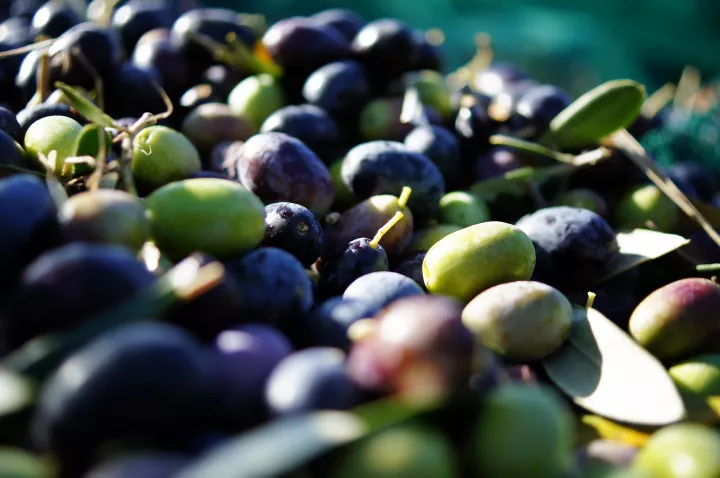
In tutta l'Andalusia, la produzione cumulativa si attesta a 485.256 tonnellate, lontane dalla stima iniziale di 1.080.900 tonnellate. La raccolta delle olive è a uno stadio più avanzato di quanto i dati ufficiali riflettano
19 gennaio 2026 | 12:00


